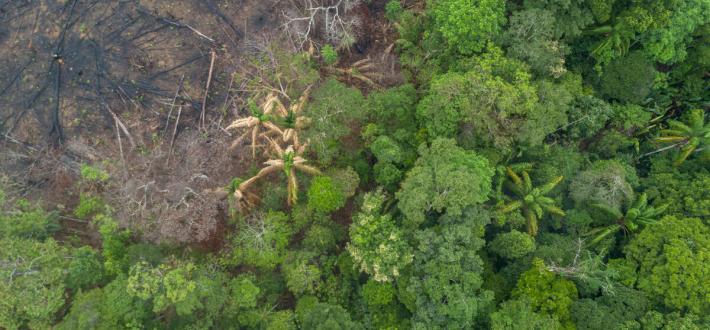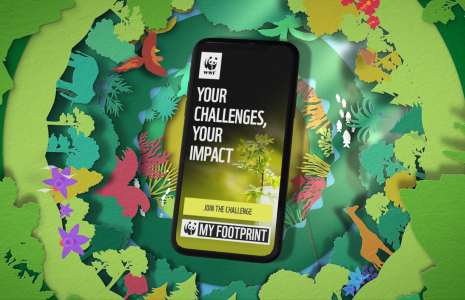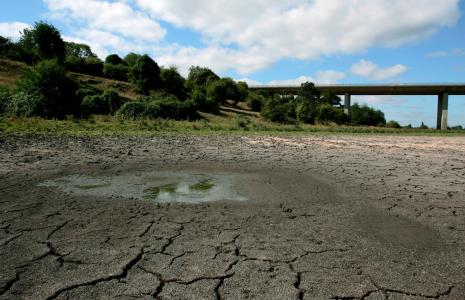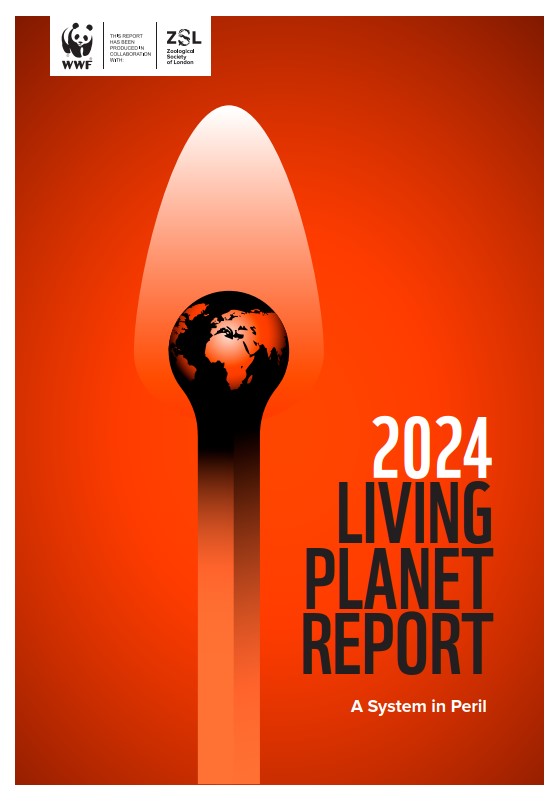
Living Planet Report 2024
A health-check for the planet – the report includes the Living Planet Index, which tracks how species populations have fared around the world over a 50-year period. Together with other indicators, the index helps us to understand more about the state of the natural world. The report analyses how the nature and climate crisis is putting extreme pressure on ecosystems and the planet. Published ahead of the key UN COP16 biodiversity and COP29 climate conferences, the report underlines the urgent need for the world to meet global goals on nature, climate and sustainable development by 2030.
-
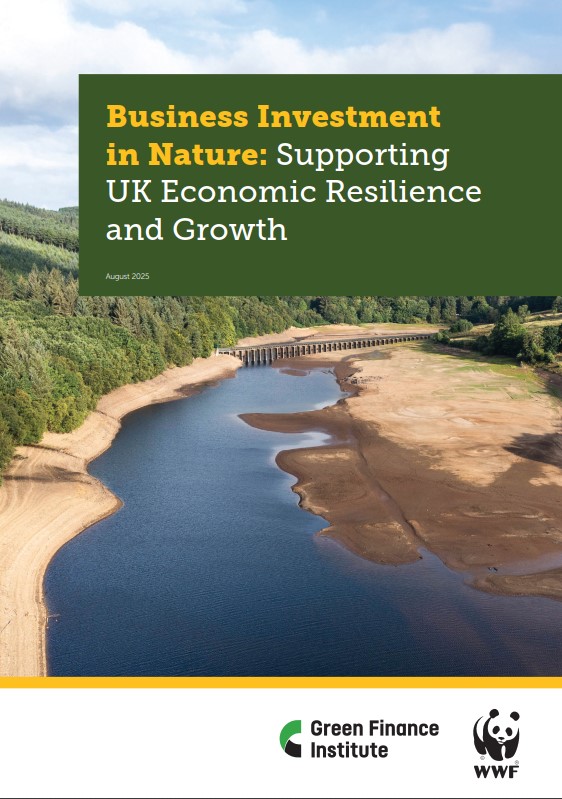
Business Investment in Nature
WWF and the Green Finance Institute publish a joint report demonstrating why integrating nature into the UK’s economic growth strategy is critical. The report presents over 40 examples illustrating how UK businesses and sectors are taking targeted action.
-
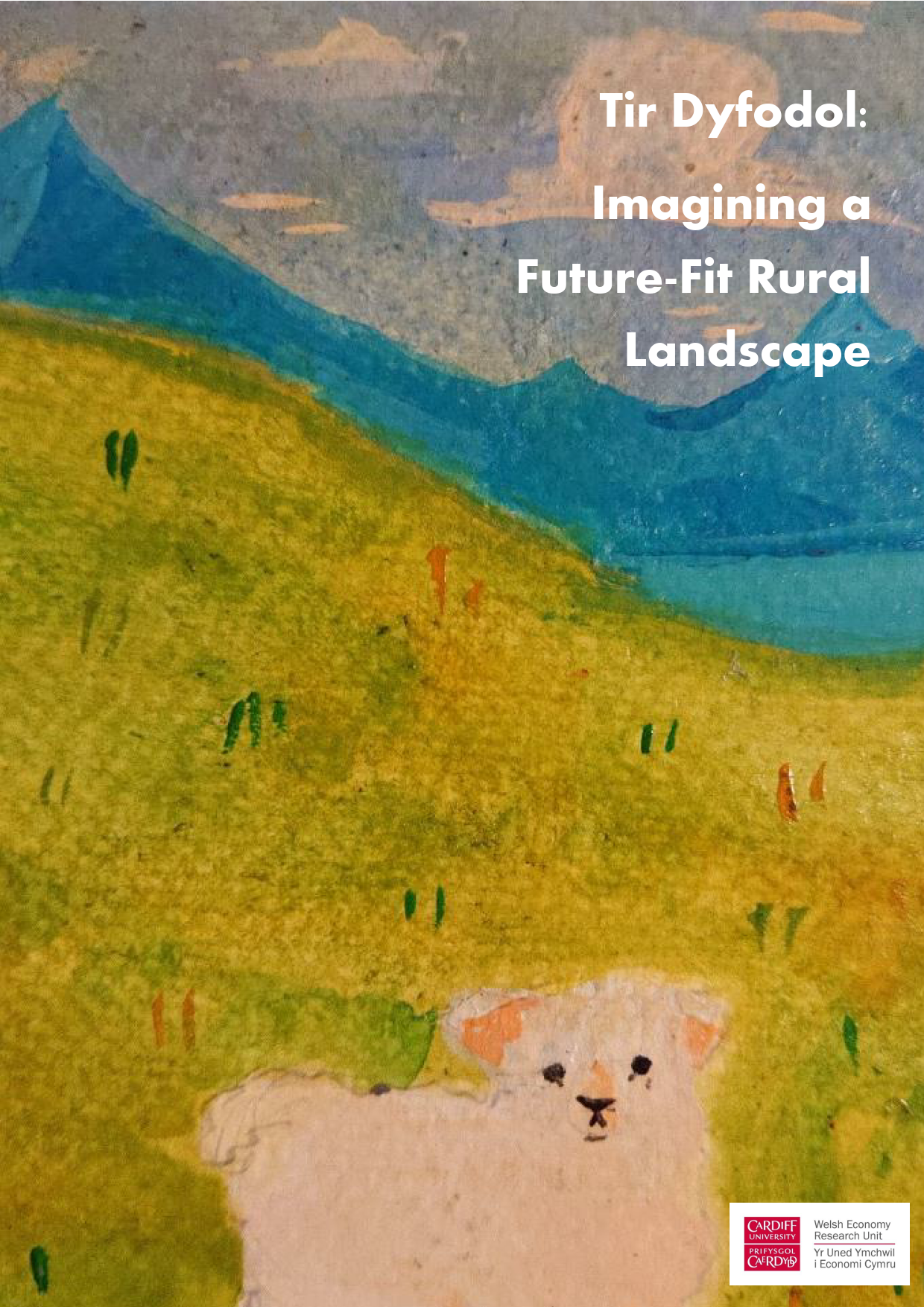
Tir Dyfodol: Imagining a future-fit rural landscape
An independent report from the Welsh Economy Research Unit, Cardiff University, to imagine a future fit rural landscape and what is needed to get there.
-
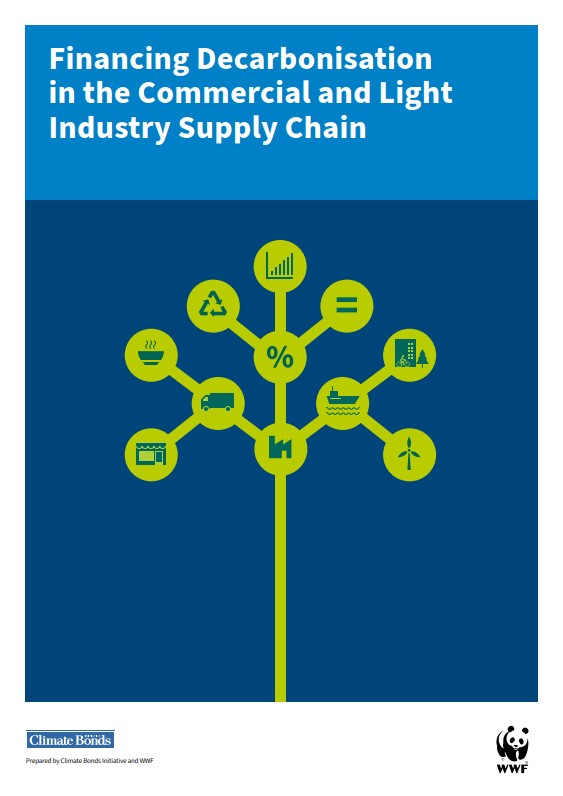
CBI WWF Financing Decarbonisation
WWF in collaboration with Climate Bonds undertook a market assessment of supply chain manufacturers in the apparel and footwear industry in Vietnam and Indonesia.
-
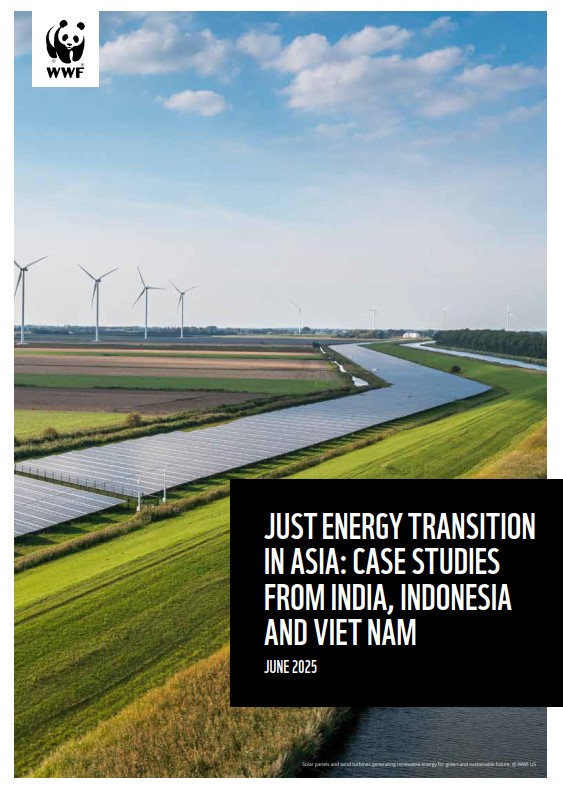
Just Energy Transition in Asia Case studies from India, Indonesia and Viet Nam
This case study report highlights the impact of the skill and capacity development programs from CSP-ET to enhance knowledge and awareness about clean energy adoption and its transformative impact on communities and corporations.
-
Beyond offsetting: the case for businesses to adopt the contribution approach
This briefing note outlines the business case for company's to adopt the contribution approach.
-
Insights from impact investors
This Insight Paper summarises key findings and recommendations for investors active or interested in finance for Landscape and Jurisdictional Initiatives (LJIs) beyond individual supply chains
-
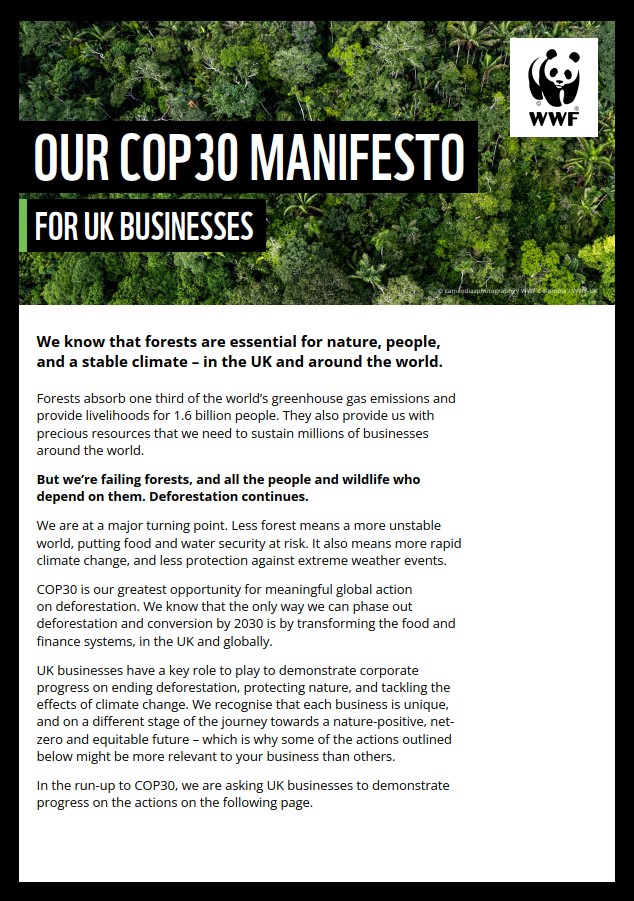
WWF’s COP30 Manifesto for UK Businesses
In the run-up to the COP30 UN Climate Change Conference in Brazil in November 2025, WWF summarises the case for robust global action to tackle deforestation and the important steps UK businesses can take to protect the world’s forests.
-
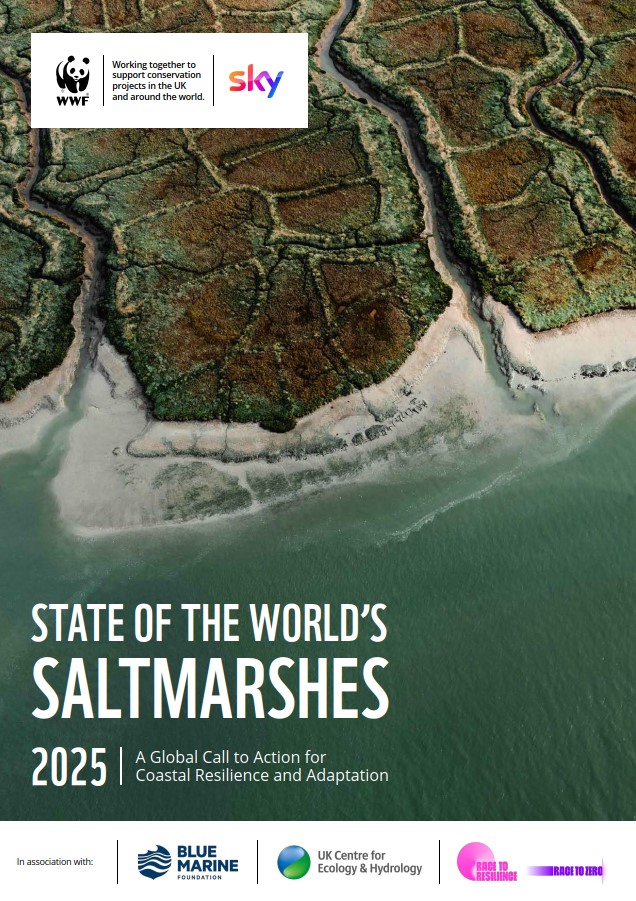
State of the World’s Saltmarshes
This first State of the World’s Saltmarshes report integrates saltmarshes into the broader blue carbon agenda – putting them at the heart of global efforts to tackle climate change, restore nature and build coastal resilience.
-
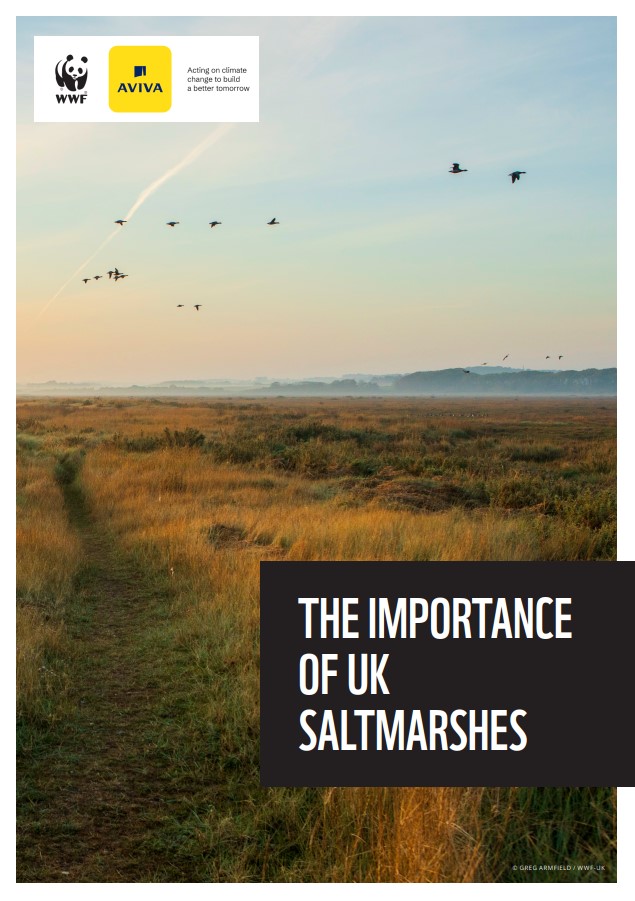
The importance of UK saltmarshes
A report showing the importance of saltmarshes and what these ecosystems do for our climate, published in partnership with Aviva.
-
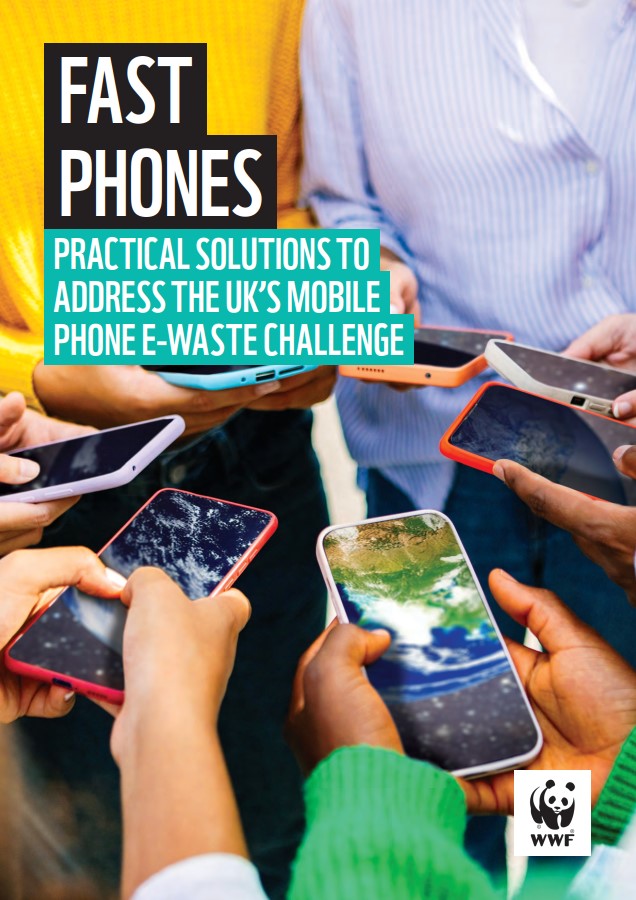
Fast Phones: Practical Solutions to Address the UK’s Mobile Phone E-Waste Challenge
This report highlights the environmental impact of mobile phones and offers practical, consumer research-based recommendations to support a circular economy through reuse, repair, refurbishment, and recycling.
-
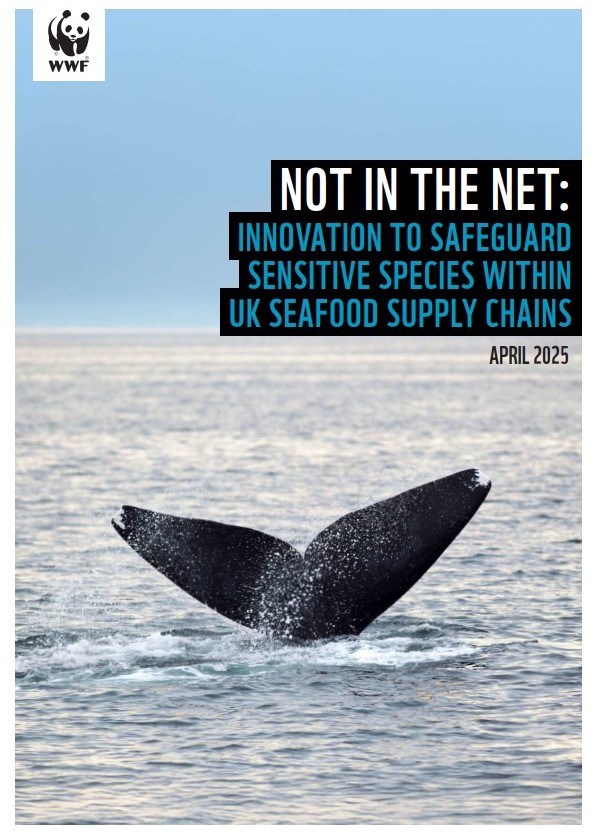
Not In The Net: Innovation to safeguard sensitive species within UK seafood supply chains
A report outlining where bycatch of endangered, threatened and protected species (ETP) is a major risk within UK seafood supply chains, and assessing the effectiveness, costs, benefits and challenges of various bycatch mitigation methods.
-
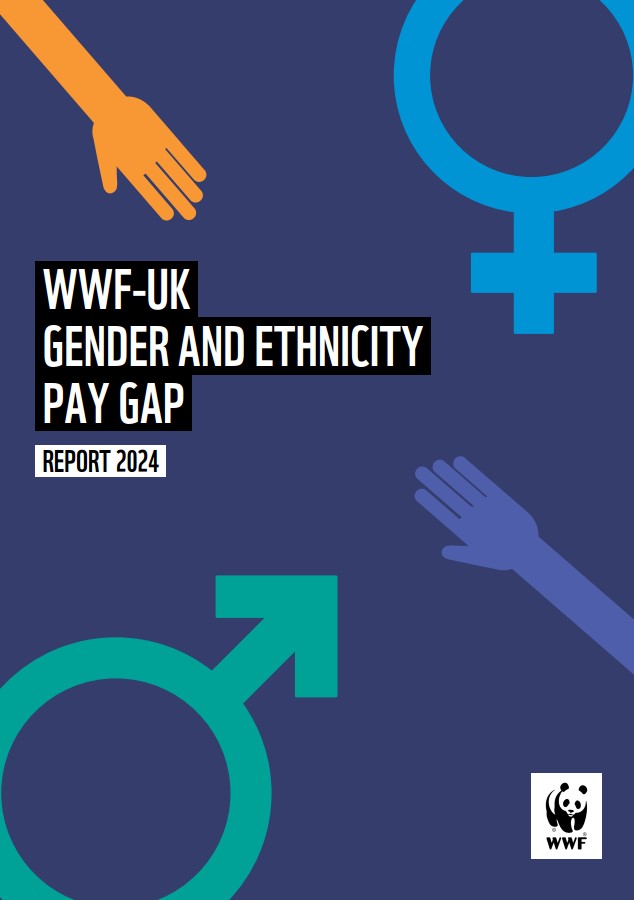
Gender and Ethnicity Pay Gap Report 2024
This report provides a snapshot of WWF-UK’s gender and ethnicity pay gaps in 2024. It also explains the main reasons for the gaps, and outlines work we’re doing to address them.
Pagination
- First page First
- Previous page
- Page 1
- 2 Current page
- Page 3
- Page 4
- Page 5
- Page 6
- Page 7
- Page 8
- Page 9
- …
- Next page
- Last page Last


